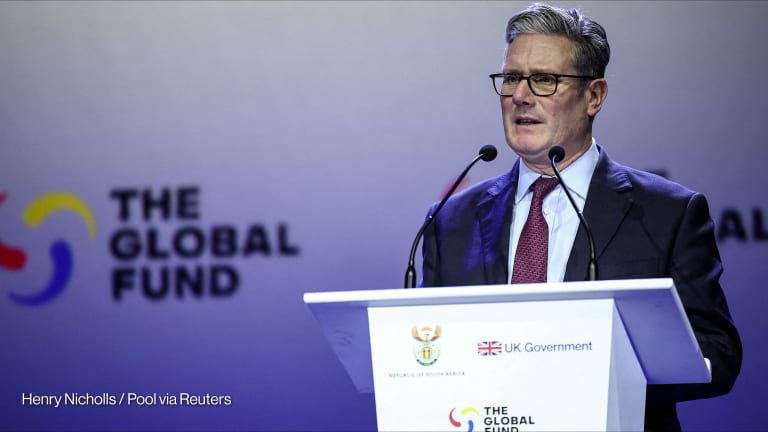Governments, philanthropies, and companies pledged nearly $700 million to the World Health Organization during an investment event at this week’s World Health Summit in Berlin, Germany. The funding, in support of WHO’s first investment round, was capped by co-host Germany’s pledge of $260 million in new voluntary funding.
“Tonight we have taken a huge step toward mobilizing the resources we need to implement” the organization’s four-year plan starting in 2025, WHO Director-General Tedros Adhanom Ghebreyesus told the audience. That strategy calls for actions, including delivering vaccinations and strengthening health workforces, designed to save 40 million lives.
The WHO fundraiser, which also had Norway and France as hosts, was the featured event in a conference that has seen multiple asks for resources. That includes from organizations like Gavi, the Vaccine Alliance and the Global Fund to Fight AIDS, Tuberculosis and Malaria, even as speaker after speaker has acknowledged that funds for global health are slipping.








